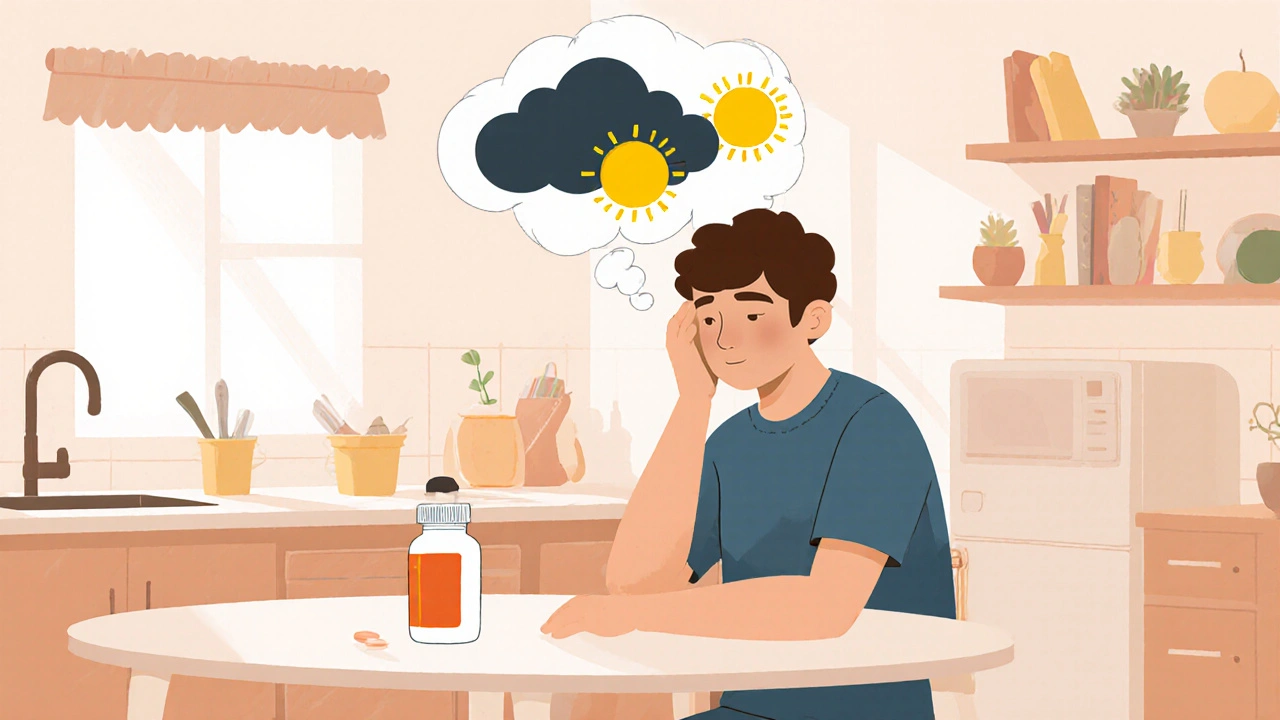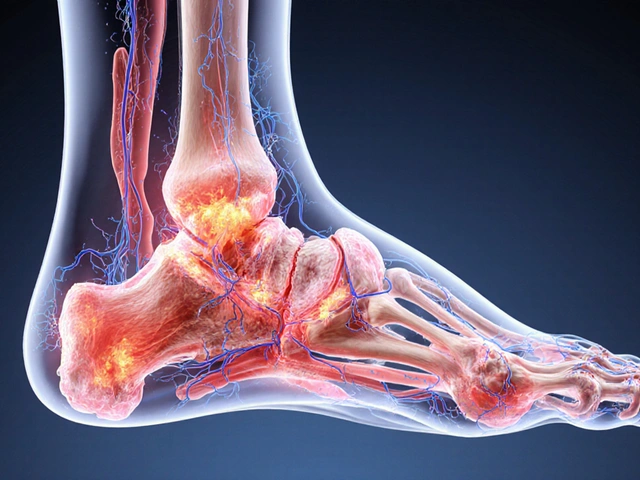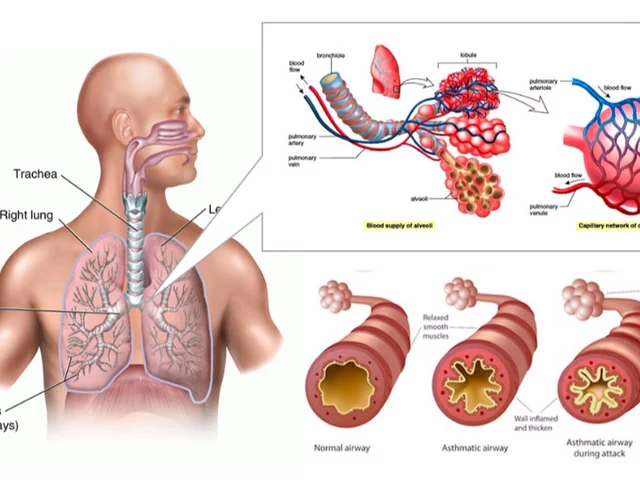Mood Disorders: What They Are, How They’re Treated, and What Works
When someone talks about mood disorders, a group of mental health conditions that cause persistent changes in emotional state, often disrupting daily life. Also known as affective disorders, they include conditions like depression, bipolar disorder, and persistent depressive disorder. These aren’t just "feeling sad" or "being moody"—they’re medical conditions that affect brain chemistry, sleep, energy, and even how you think about yourself. Many people live with them for years before getting the right help, partly because symptoms overlap with stress, burnout, or normal emotional ups and downs.
What makes mood disorders tricky is how they connect to other health issues. For example, antidepressants like escitalopram (Lexapro) or bupropion are often used to treat both depression and anxiety, even though they work differently than drugs for physical conditions. These medications don’t fix your mood instantly—they help rebalance brain chemicals over weeks. And they’re not the only tool. Lifestyle factors like diet, sleep, and movement play a real role. Studies show that people who combine medication with regular exercise or mindfulness practices often see better results than those who rely on pills alone. Even something as simple as consistent meal timing can stabilize blood sugar and reduce mood swings, especially in bipolar disorder.
It’s also important to know that mood disorders don’t exist in isolation. They often show up alongside chronic pain, heart conditions, or even gastrointestinal issues like IBD. That’s why treatments can look so different from person to person. One person might need a beta blocker like metoprolol to manage anxiety-related heart palpitations, while another finds relief through hormonal treatments like norethindrone acetate for PMS-related mood shifts. And yes—some medications originally meant for other conditions, like atomoxetine for ADHD, are now being used off-label to help with focus and motivation in people with depression.
There’s no single path out of a mood disorder. What works for one person might not work for another, and that’s okay. The key is finding the right mix—whether that’s medication, therapy, daily routines, or a combination. Below, you’ll find real patient guides and comparisons on the drugs, supplements, and lifestyle strategies that actually help. No fluff. Just clear, practical info on what’s out there and how it connects to your experience.

Ibuprofen and Mood Disorders: Can NSAIDs Improve Mental Health?
Explore whether ibuprofen can aid mood disorders, reviewing the science, risks, and practical advice for anyone considering NSAIDs for mental health.
Detail




